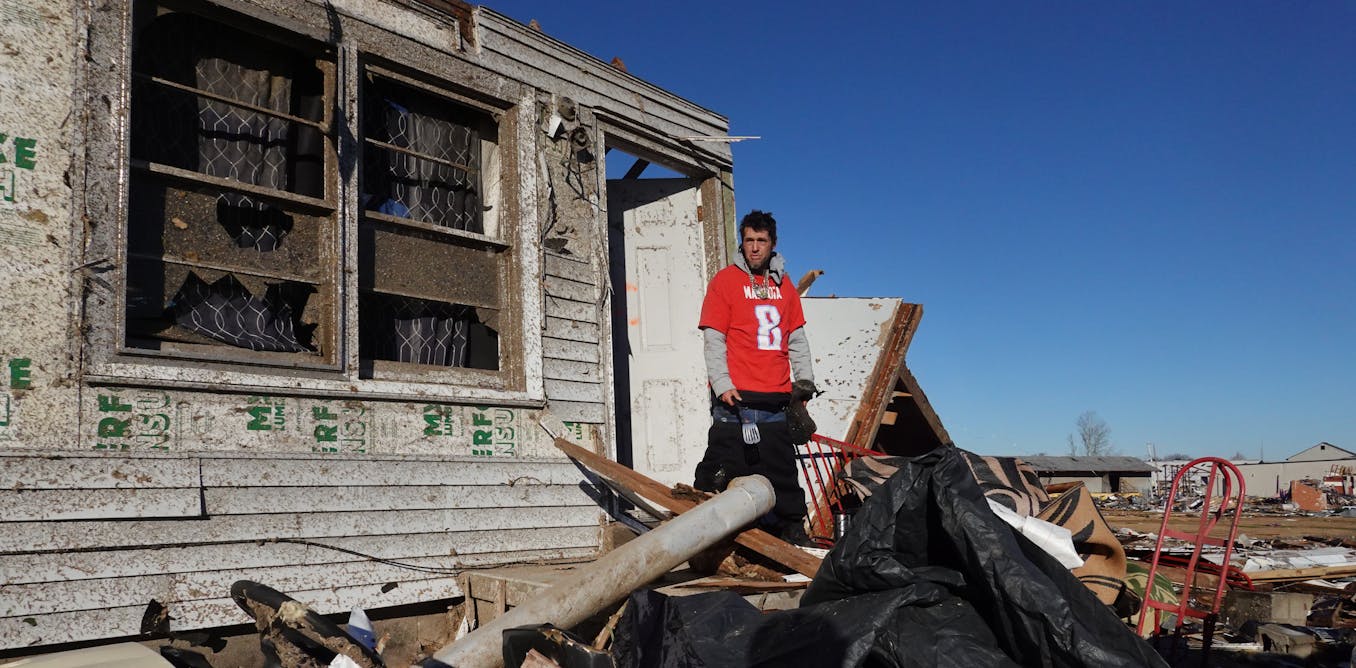Trouble paying bills can take a heavy toll on fathers' mental health, leading to family conflict
In families that are facing economic insecurity, fathers are more likely to experience depressive symptoms that can lead to conflict.
June 15, 2022 • ~5 min







